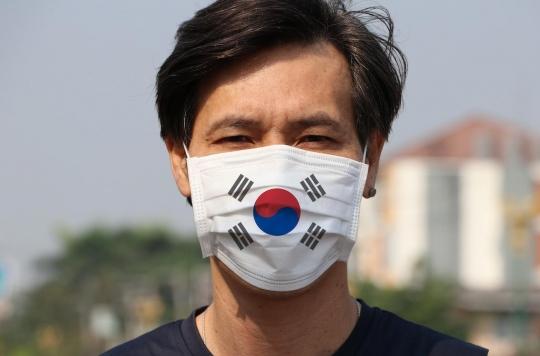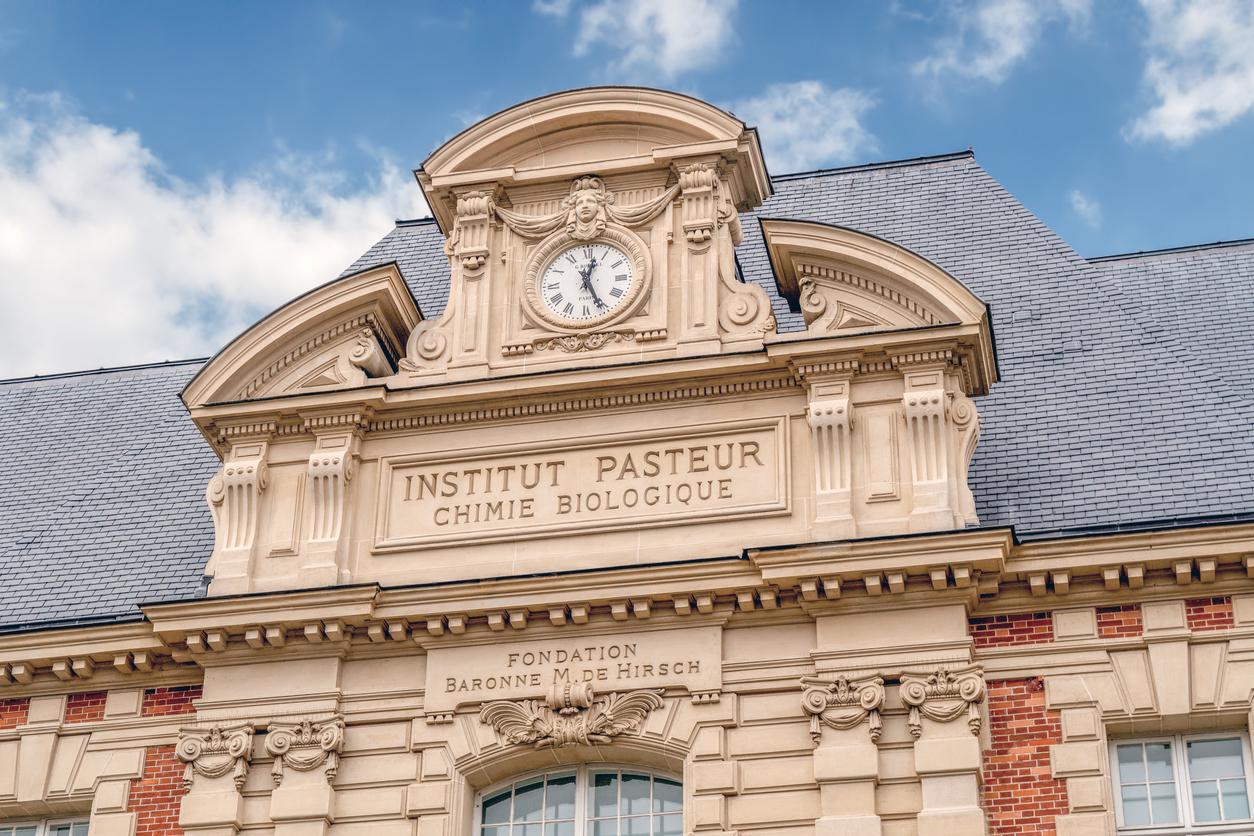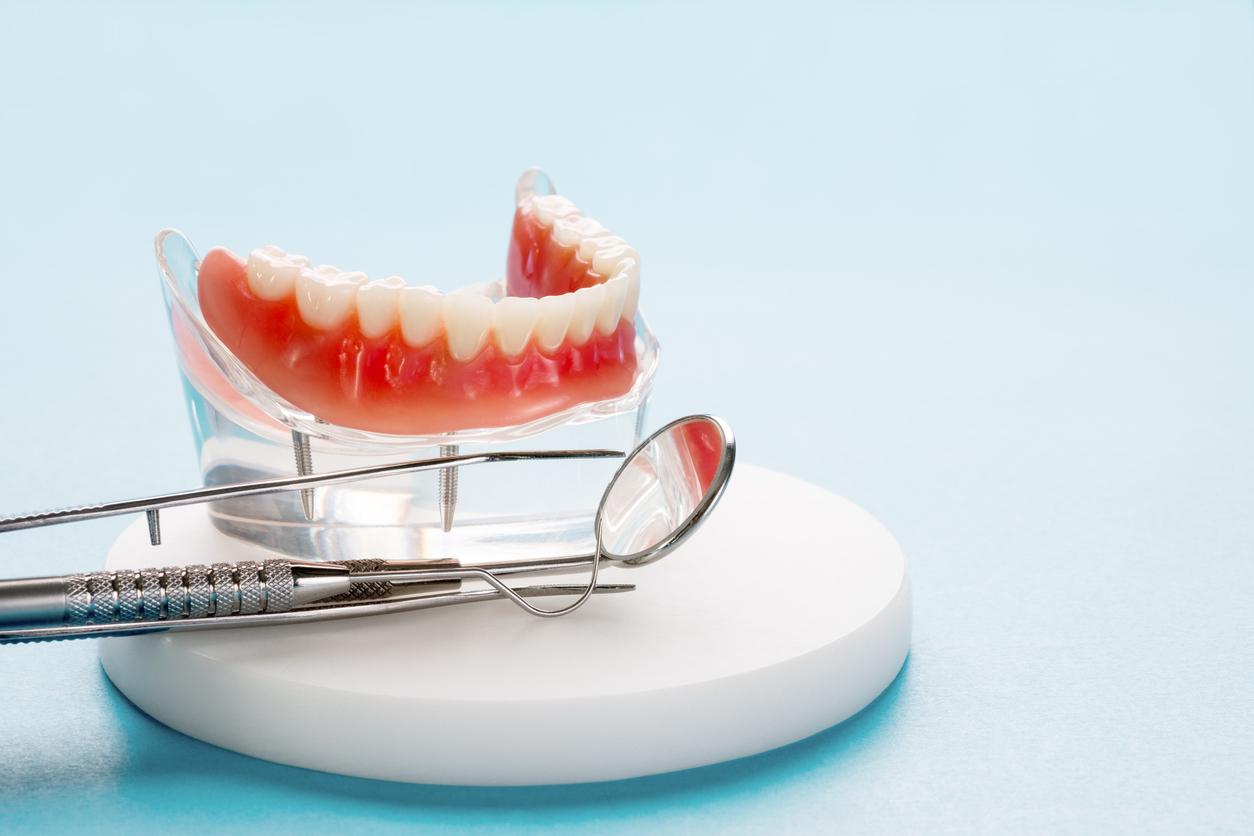The 292 cases of South Koreans cured of the coronavirus and tested positive again, two weeks later, for Covid-19 were in fact false positives, according to the WHO.

The information made fear for the future but it is not so. In South Korea, 292 people cured of the coronavirus and thought to be immune, again tested positive for Covid-19 two weeks later. After an investigation and laboratory analyzes, the World Health Organization (WHO) wants to be reassuring. The patients were not reinfected, it was the tests that returned false positives.
Recovery process
The presence of cells in the lungs, even after recovery, would be the reason for the positivity of the tests carried out in people cured of Covid-19. These dead cells, which are no longer infectious, end up coming out through the airways and being detected at the time of collection. “From what we know today, based on very recent data, it appears that these patients are expelling material that has lingered in the lungs, as part of the recovery phase.”WHO told AFP on Wednesday.
The fact that these cells remain in the body after healing “is part of the recovery processexplains Maria Van Kerkhove, one of the people in charge of managing the pandemic at the WHO, at the BBC. It’s not a contagious virus, it’s not a reinfection, it’s not a reactivation”, she says. “We need to systematically collect samples to better understand how long they harbor live virus.”added the Organization, specifying that it is not because the virus present is alive that it can be transmitted to someone else.
No new infection thanks to our immune system
Although traces of the virus are present in our body, a recent Chinese study has shown that once cured our body produces antibodies making us immune to the virus. The researchers observed defense mechanisms in the patients studied that make re-infection with SARS-CoV-2 unlikely. The majority of patients who have been infected and studied have developed specific antibodies to SARS-CoV-2, including anti-protein S antibodies, one of the famous proteins that allows the virus to infect our cells. The researchers also observed a strong cellular immune response via T lymphocytes and noted a significant correlation between this response and the development of neutralizing antibodies.

.















